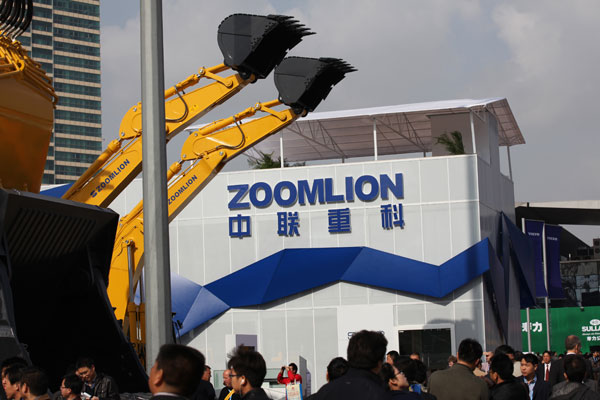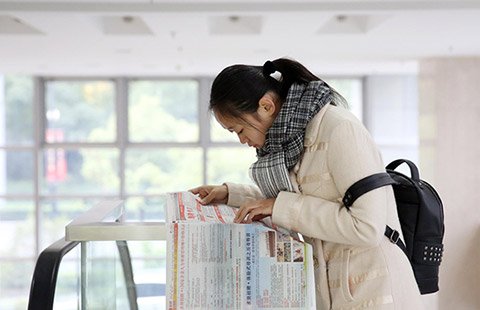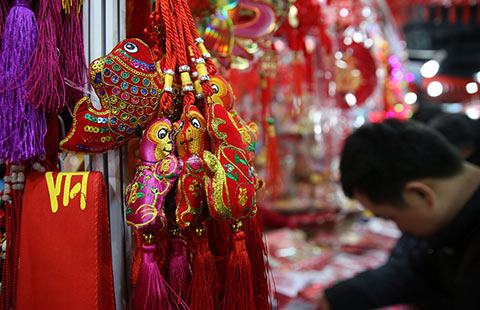Zoomlion offers $3.2b for US heavy machinery maker
By Yang Ziman and Feng Zhiwei (China Daily) Updated: 2016-01-28 07:37
 |
|
Zoomlion Heavy Industry Science & Technology Development Co Ltd equipment on display at a trade show in Shanghai. [Photo/Provided to China Daily] |
China's Zoomlion Heavy Industry Science & Technology Co confirmed on Wednesday an unsolicited takeover bid for Terex Corp, the US crane and construction machinery maker.
The deal will be vital to Zoomlion's transformation and the implementation of the company's global strategy, and it will help increase Zoomlion's revenue and profits.
According to a Terex statement, Zoomlion has offered $30 per share for the company, valuing it at $3.2 billion.
The offer is twice Terex's stock price on Monday, which closed at $15.01 per share in New York. The shares surged 37 percent on Tuesday to $20.5, pushing its market capitalization to $2.2 billion.
The Terex board said it is carefully reviewing the Zoomlion proposal to determine what course of action is in the best interests of its shareholders.
Before the Zoomlion offer, Terex had agreed to merge with Finland equipment manufacturer Konecranes to create a crane and materials handling supplier with a combined $10 billion in sales. After the merger, the company planned to change its name into Konecranes Terex Plc and move its base to Finland.
Founded in 1992, Zoomlion is mainly engaged in manufacturing high-tech equipment for the agricultural, building, energy, environmental, and transport-engineering sectors.
The first mainland construction machinery company to be listed on both the Shanghai and Hong Kong stock exchanges, Zoomlion has manufacturing bases in Italy, Germany, India and Brazil.
China's equipment manufacturing industry was hit hard by China's economic slowdown last year. During the first half of the year, the 18 major listed construction machinery firms reported combined operational revenue of 50 billion yuan ($7.58 billion), a 29.31 percent fall on the same period in 2014.
"China's equipment manufacturing sector is in the mid- to downstream of the global production chain," said Chen Chaofan, an economics professor with the School of Economics and Resource Management at Beijing Normal University.
"It needs to learn from developed countries in terms of technology and expertise and overseas purchase is a good way to strengthen production capacity," Chen said.
Wen Zhengxin contributed to this story.
- Scope of FTA with Chile to expand further
- Mainland investors hunt for stock bargains in Hong Kong
- NZ's seafood shipped to dinner table in China via e-commerce
- Fed keeps interest rates steady, closely watching global markets
- McDonald's bets big on 'digital' growth in China
- China Southern anticipates triple-digit profit rise in 2015
- Zoomlion offers $3.2b for US heavy machinery maker
- Govt set eliminating outdated capacity 'a priority'
















